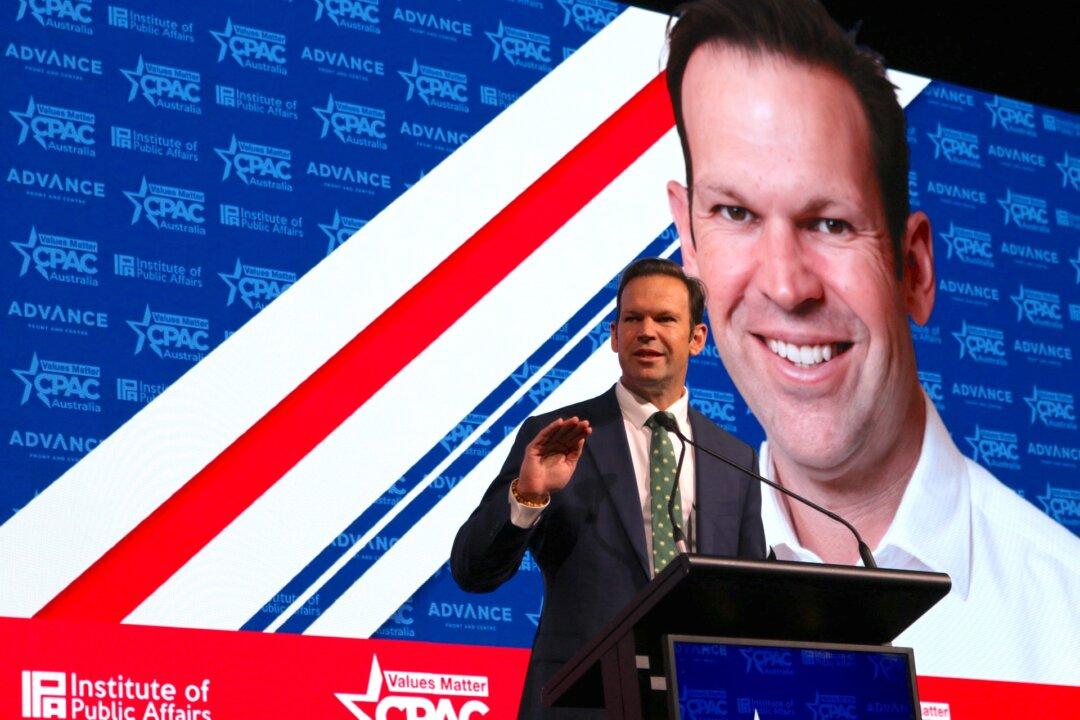Nationals Senator Matt Canavan has criticised Labor government’s misinformation bill, claiming that its true purpose is to outlaw opinions.
During his speech at the Conservative Political Conference (CPAC) Australia event on Oct. 5, Canavan warned the public about the risks posed by the legislation.





